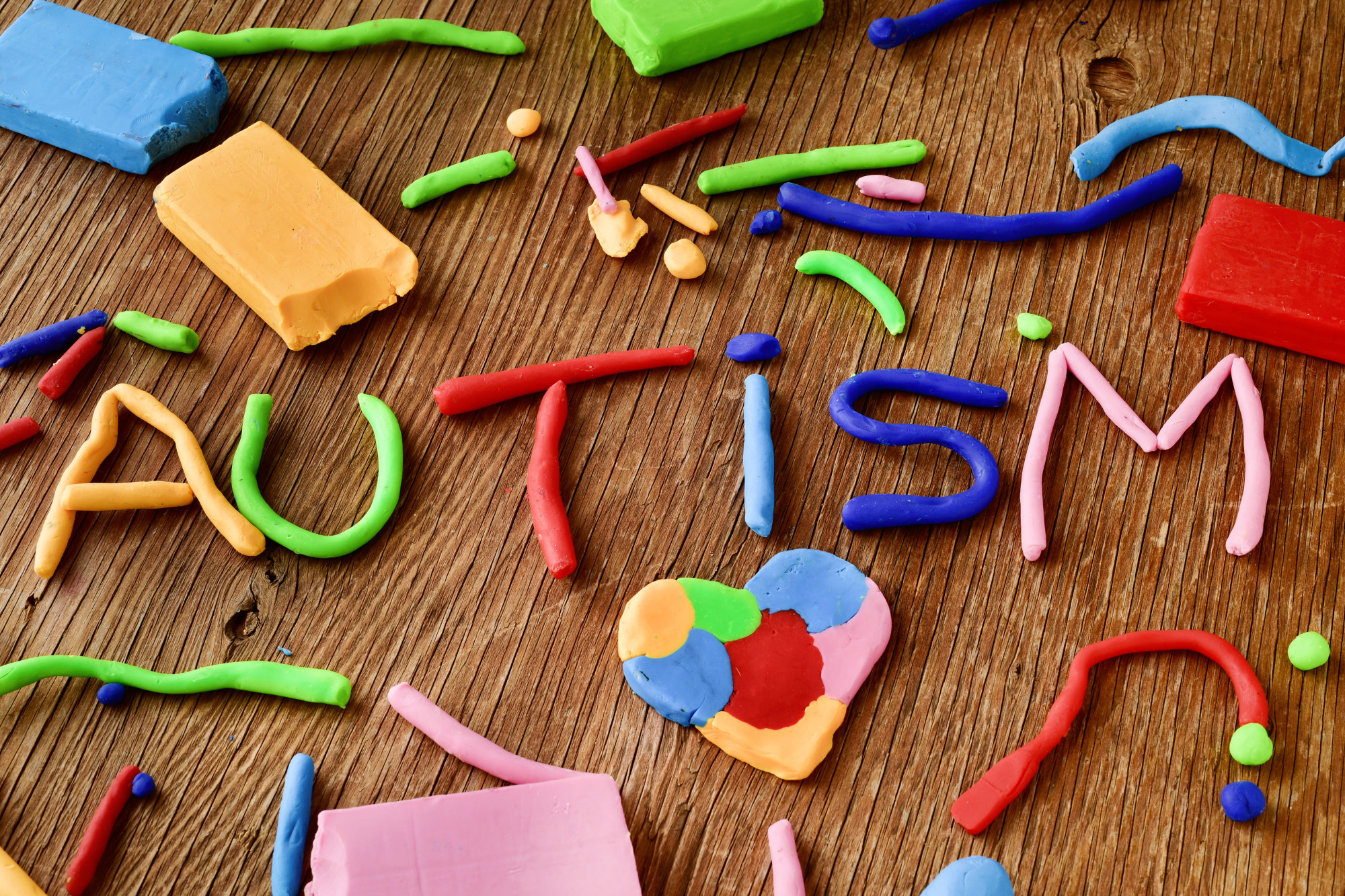
the word autism made from modelling clay of different colors on a rustic wooden surface
Did you know that autism affects 1 in 44 children in America?
Psychology is a fast-moving area of study, and with so much progress in research into the autism spectrum, parents don’t always know how to address their children’s needs.
Behavioral analysis therapy, or ABA therapy, can help your child and their wider family circle. But parents often don’t know much about autism, and they’re left frantically searching “applied behavioral analysis therapy near me.”
This article takes a closer look at this treatment option. Read on to learn more about—and dispel—some of the most common ABA therapy myths.
1. Only Autism-Susceptible Children Receive ABA Therapy
Applied behavioral analysis (ABA) therapy is a well-known and commonly used treatment for children with autism. However, it’s not just for youngsters with autism.
It can be effective for kids with other developmental disabilities, such as Down syndrome, Fragile X syndrome, and cerebral palsy.
In addition, it can be used to treat children with anxiety, depression, ADHD, and other behavioral disorders.
ABA therapy services are not a one-size-fits-all treatment; they are customized to meet each child’s needs. ABA therapists use techniques to teach new skills and help the little ones change their behavior.
2. ABA Therapy Is Ineffective
A few people have also questioned the validity of the scientific research that backs applied behavior analysis treatment, calling it inconclusive and experimental.
The numerous peer-reviewed studies and journals devoted to applied behavior analysis treatment that show the usefulness of this intervention debunk this misconception.
It’s an effective treatment for autism spectrum disorder and other developmental disabilities. It has been proven to improve cognitive skills, communication, and social skills.
3. ABA Therapy Is Expensive
There are a lot of misconceptions about ABA therapy, especially when it comes to the cost. It can be expensive, but it doesn’t have to be.
There are many options for ABA medication, and the cost depends on the treatment type and the program’s intensity. It can be done in private practice, at a hospital, or at home.
This is the most effective treatment for autism, and it’s worth the investment.
4. ABA Therapy “Fixes” Autism
One common ABA therapy myth is that it “fixes” autism. This is simply not true.
This can help individuals with ASD progress in areas of difficulty, but it’s not a cure for autism.
Other myths include that it’s only for young children, is only used to treat behavior problems, and is painful or harmful. None of these myths are true.
ABA medication is an evidence-based, scientific approach to treating ASD that can benefit individuals of all ages.
Applied Behavioral Analysis Therapy Near Me: How It Can Help You
ABA therapy develops skills that don’t naturally develop in children with challenging behaviors and social and communication deficits. This includes autism spectrum disorder. It helps to lessen behaviors that obstruct learning and communication.
If you’re considering this treatment for your child, don’t be deterred by all the myths out there. ABA therapy is an evidence-based treatment that can significantly improve your child’s social, communication, and adaptive skills.
If you’re still searching “applied behavioral analysis therapy near me,” read the rest of our blog for more articles on the subject.
Leave a Reply